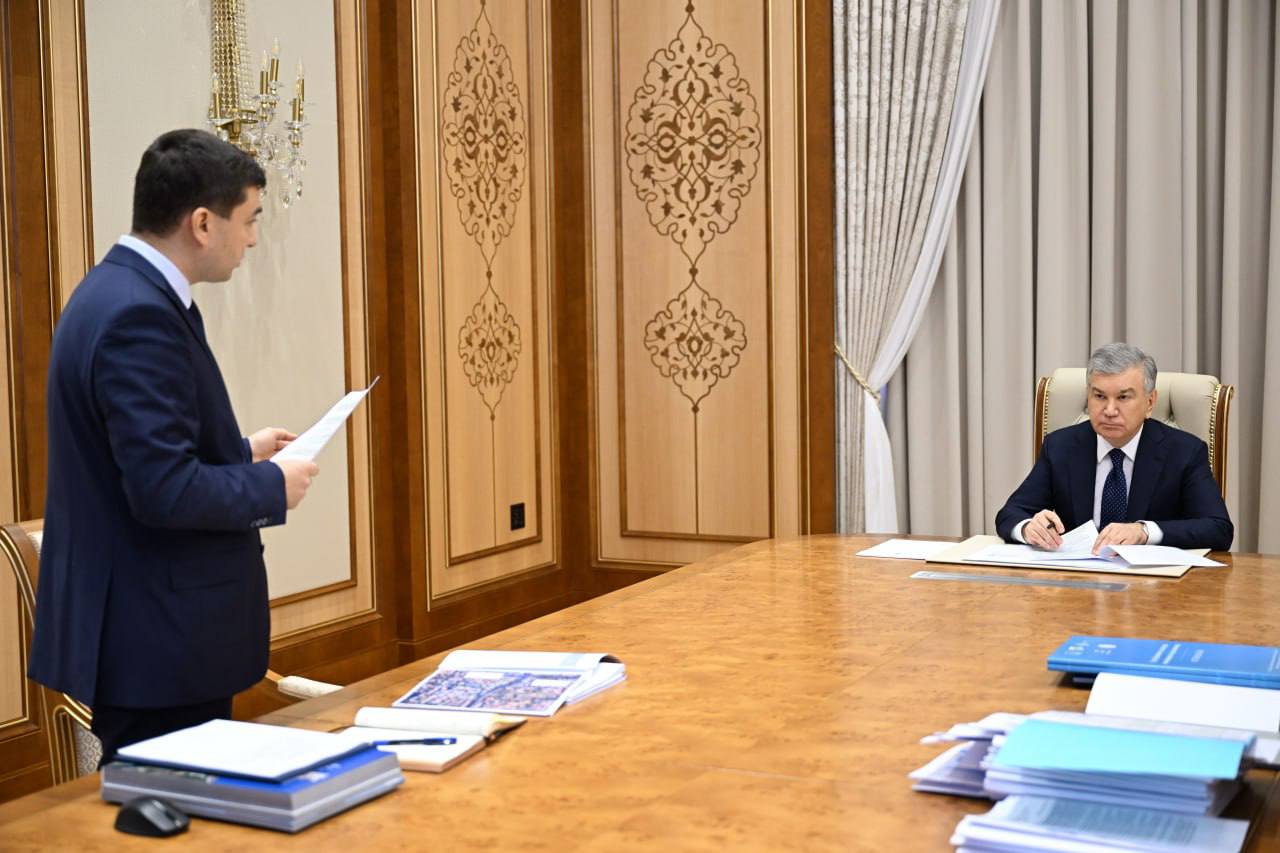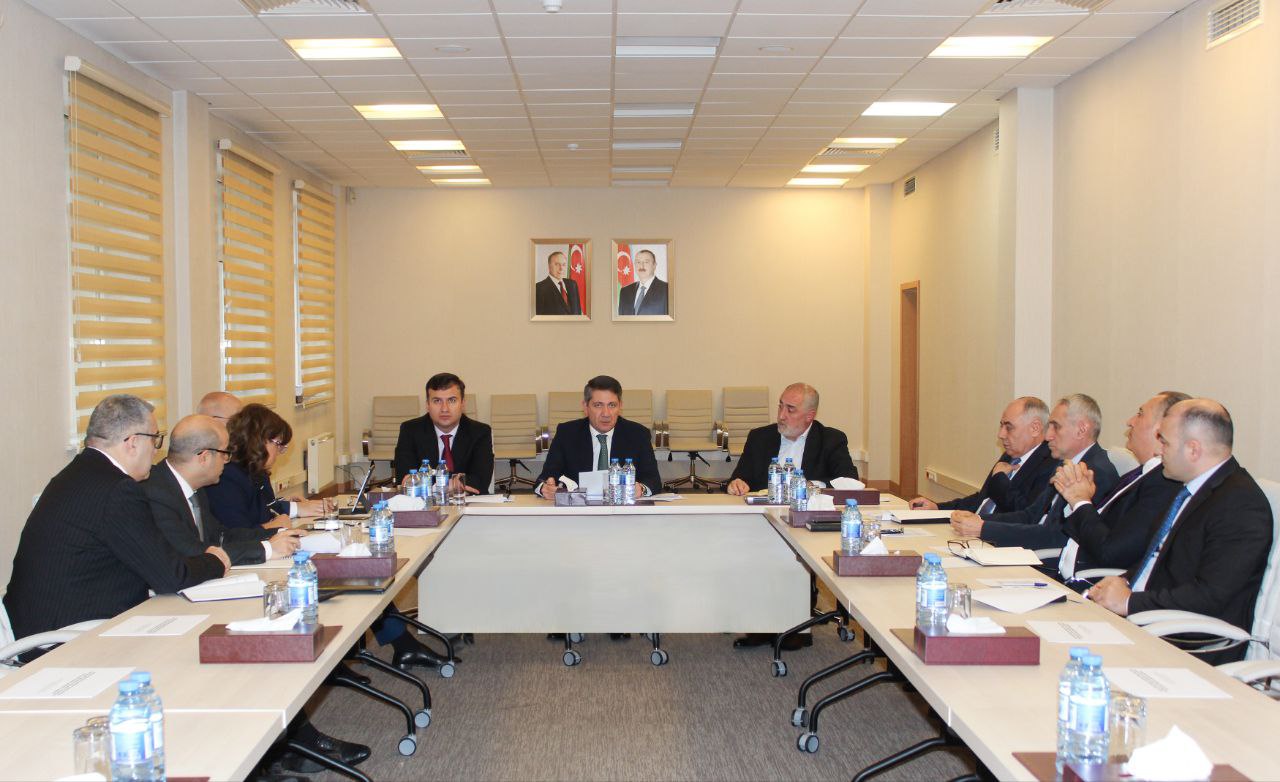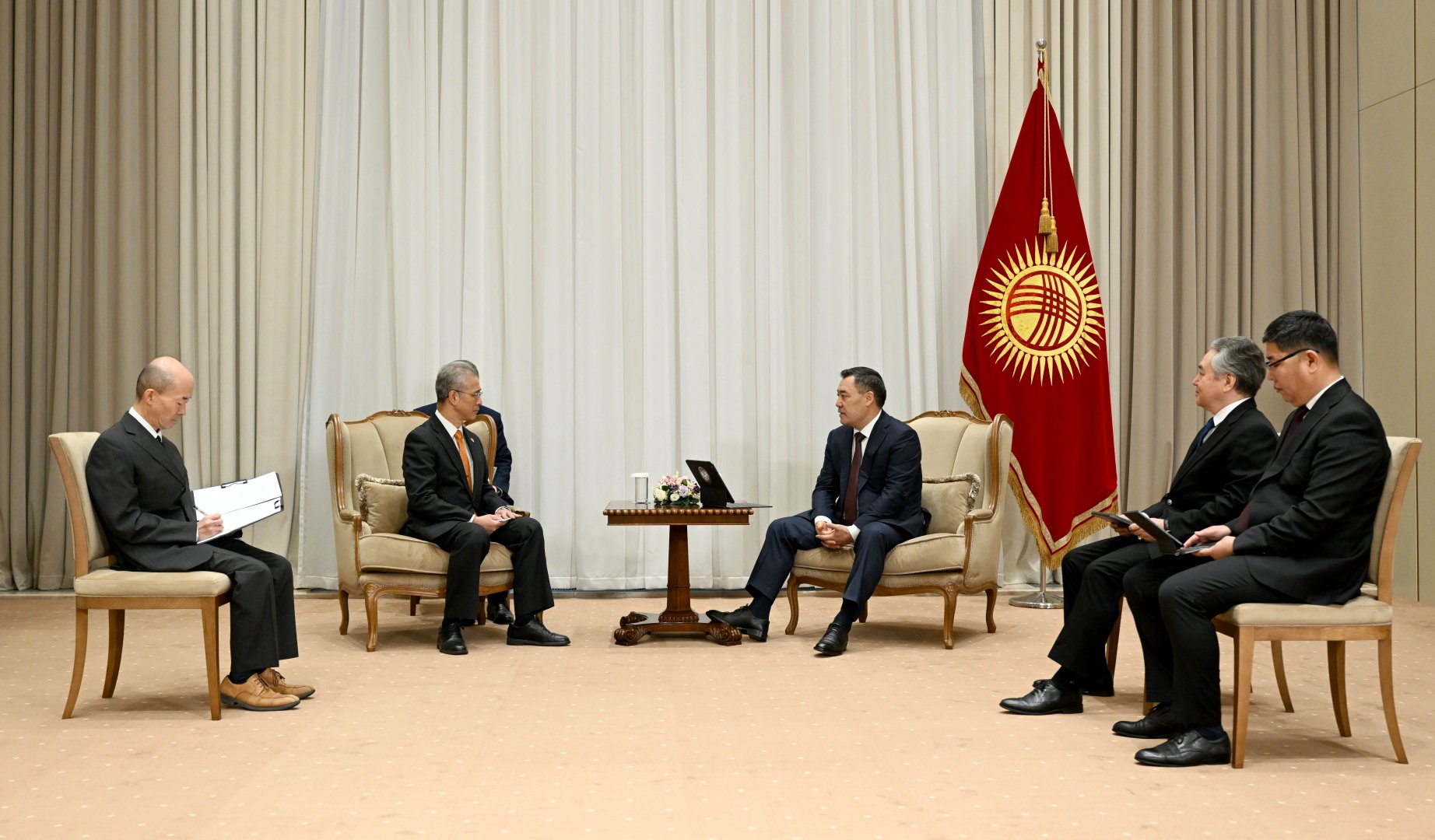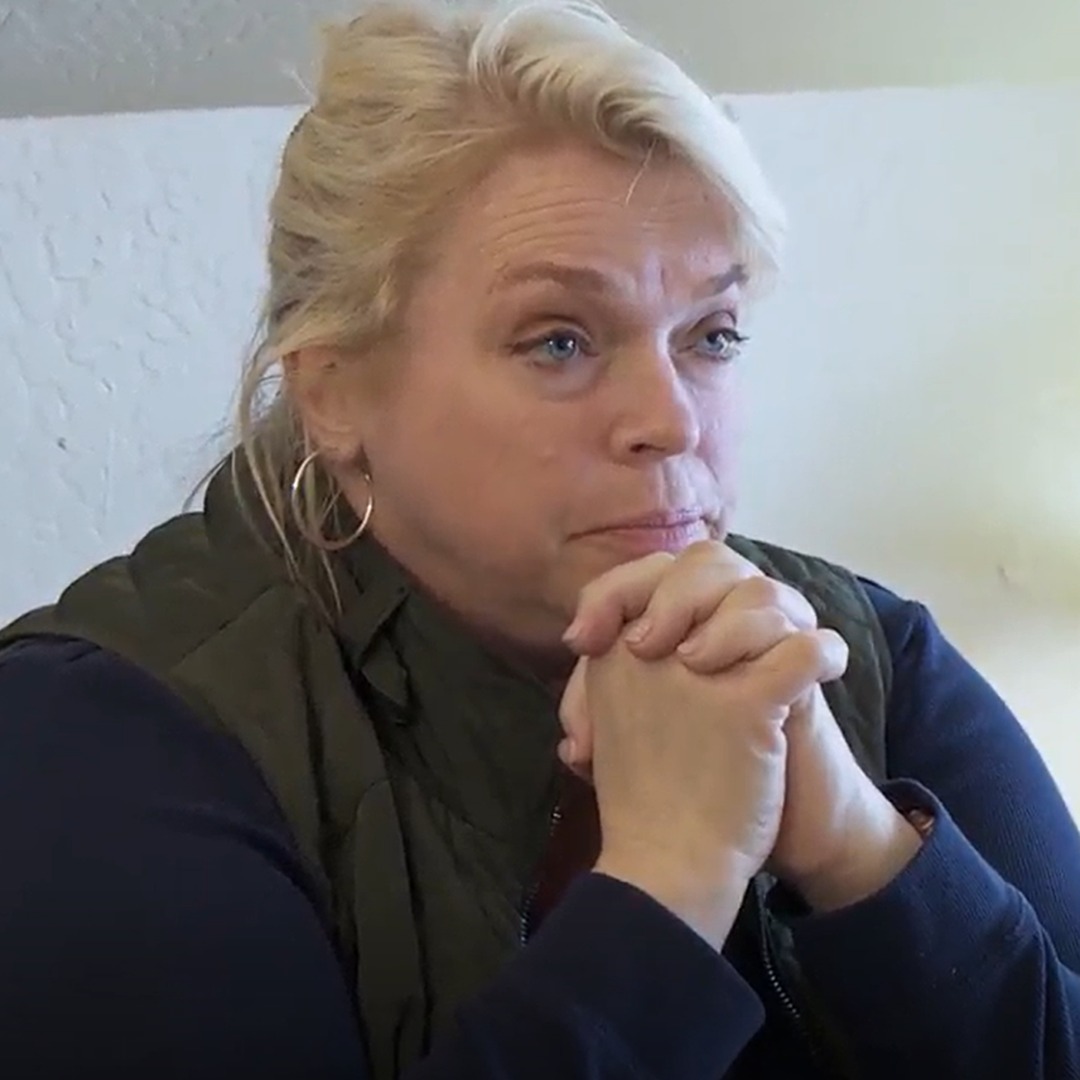Canary Islands calls for a front of outermost regions against the ‘threat’ of the new EU budget

Santa Cruz de Tenerife – The president of the Canary Islands, Fernando Clavijo, has proposed to his counterpart in Madeira, Miguel Albuquerque, to establish a common front of the nine outermost regions (OMR) to fight united in defense of their specific status in the EU, something crucial in light of “the threat” posed by the new multiannual financial framework.
In a letter in response to the one sent by the president of Madeira, Fernando Clavijo has invited the other territories covered by Article 349 of the Treaty to respond “in a coordinated manner and as one voice” to a proposal for the multiannual financial framework 2028-2034 that “compromises the economic and social development” of the OMR.
The head of the Canary Government fully agrees with the Madeira president regarding the concern generated by the content of the document prepared by the European Commission, a legislative and financial text that leaves the distribution of European funds in the hands of each State and eliminates “the pools of specific resources” for the OMR, which have been respected in all previous EU budgets.
Therefore, Fernando Clavijo warns that the implementation of the proposal presented by Brussels on July 16 represents “an unacceptable step back in the specific treatment that the outermost regions have received so far to alleviate their evident disadvantages, recognized rights that have been respected for decades in the EU,” as reported by the Canary Government on Monday.
In particular, the president of the Canary Islands agrees with his Portuguese counterpart in denouncing the “seriousness” of the consequences that the omission of specific measures recognizing the structural and permanent limitations affecting our outermost regions would have.
In his view, “the absence of additional allocations in the ERDF and the ESF+, as well as the lack of a budget line dedicated to Posei and aid for additional costs in the fishing sector, constitute unacceptable setbacks that compromise the economic and social development of our territories.”
Clavijo indicates in his letter to Albuquerque that, in the face of this “threat,” the nine OMR and their three States -Spain, France, and Portugal- must “respond decisively and quickly, but above all with unity to defend our common interests.”
To this end, the head of the regional government proposes to the president of Madeira the creation of a front that allows “to articulate a joint position before the European institutions, with the aim of ensuring fair, coherent, and stable treatment for all OMR in the future financial and legislative framework.”
The goal, adds Clavijo in his letter, is to work so that the OMR continue to be considered as a block of regions that require specific treatment and funds.
“I am convinced that only through unity and firmness can we achieve that the European Union maintains its commitment to our regions, as established by Article 349 of the Treaty,” explains the president, to ensure that the Canary Government is “fully willing to collaborate in this initiative and to actively contribute to the development of a joint strategy that allows us to defend our rights and needs.”
Canary Islands already conveyed its concern to Von der Leyen
The response to the letter that the president of Madeira sent last week adds to the one Fernando Clavijo sent on July 31 to the president of the European Commission, Ursula Von der Leyen.
In this letter, the head of the Canary Executive conveyed to the highest European leader his “deep concern” about the content of the new Multiannual Financial Framework and the negative effects its implementation would have on the archipelago, requesting the safeguarding of direct funds to the outermost regions.
Clavijo warned Von der Leyen that the EU’s financial framework proposal for the period 2028-2034 leaves the distribution of resources in the hands of the States, thereby “undermining 50 years of a cohesion policy built with and for the European regions that are closest to citizens and that have known how to use these European funds to improve economic convergence and the quality of life of their citizens.”
This change in model leaves in the air, at the mercy of what the State decides, the funds that the archipelago had guaranteed as an OMR.
In the financial framework 2021-2027, the Canary Islands have directly allocated just over 4.6 billion euros due to their status as an outermost region.
Additionally, from the European Regional Development Fund (ERDF) and the European Social Fund (ESF), the islands receive 2.73 billion euros in the current budgetary period, while in the Specific Options Program for Remoteness and Insularity (Posei) they have allocated 1.878 billion euros. (July 11)














































